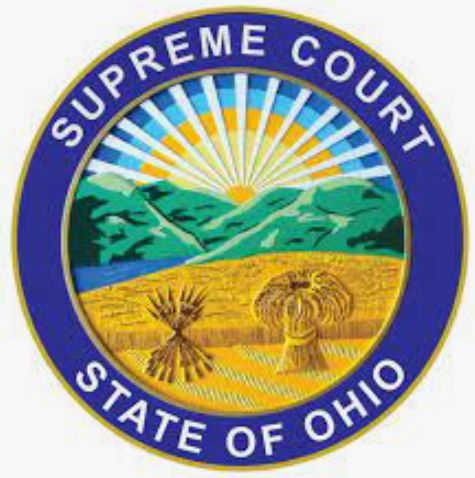
Recently, the Ohio Supreme Court issued an opinion in the field of trade secrets and confidential information protection that serves as an important reminder: just because you call something “confidential business information” does not mean that it actually is. Labels do not control in this area of the law.
In Hanneman Family Funeral Home & Crematorium v. Orians, 2023-Ohio-3687, the Supreme Court affirmed lower court rejections of a claim by an employer against departed employees for allegedly misappropriating information that it deemed confidential and proprietary. In this instance, the information was a client list. The problem facing the funeral home was that while it deemed its client list confidential, the client list was also public and could be gotten at by someone who knew the regulatory system and put in a little work. The underlying data had to be filed with a state regulatory agency, and hence the list could be re-assembled from available public records with a little effort. As a result, the information was not a trade secret actionable under Ohio’s enactment of the Uniform Trade Secret Act (UTSA), R.C. 1331.61.
The Court went on to observe that Ohio’s enactment of the UTSA pre-empts common law tort claims that are grounded on alleged misappropriation of confidential business information, siding with the predominant view in other states as well as a prior decision of the Eighth District Court of Appeals in this regard. Tomaydo Tomahhdo, LLC v. Vozary, 82 N.E.3d 1180 (Ohio App. 8th Dist. 2017).
The concurring opinion in Hanneman Family Funeral Home noted a difficult issue with concluding that a particular tort claim is pre-empted by the UTSA. In effect, the Court held that tort claims for misappropriation of purported trade secrets are what are effectively pre-empted. Thus, a claim that a departing employee has tortiously interfered with your business by using information that you consider secret, but which fails to rise to the level of a trade secret, is likewise pre-empted. The facts in Hanneman Family Funeral Home in this regard are stark (the information was public) but the same logic applies to other shortcomings in trade secret status such as inattention to protecting its confidentiality and/or lack of uniqueness.
The Court does note that contractual causes of action (for example, violation of an NDA by an employee) are not pre-empted, but this too can be tricky. Take for example the situation of an employee who agrees not to use any of the employer’s “confidential business information” post-separation. Is the information at issue “confidential” at all? It is difficult to defend any information as “confidential” when it is out in the public for anyone to find.
The takeaway for business operators is to not assume that information is “confidential” just because they consider it so. The takeaway for employees confronted with claims that they have misappropriated confidential information is to not assume so, either.
Written by attorney Jeffrey Moeller
For more information or help, contact any member of the SSEG Business Law, Transactional Law, Securities Law, and Corporate Law practice group.
